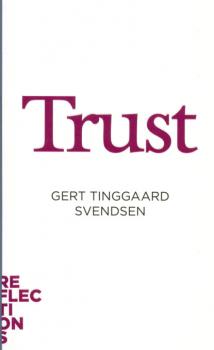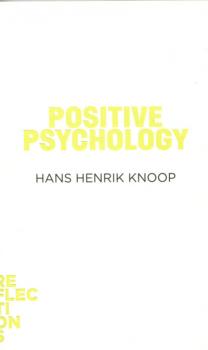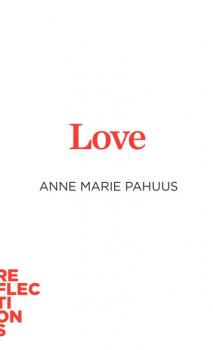Reflections
Скачать книги из серии ReflectionsTrust
Do you know the author of this book? Maybe not. But you probably trust him anyway. Most Danes do: as many as 78%. Even people who do not know him at all trust him. He is in fact not just anyone; he has solved the riddle of Denmark's success – until now an inexplicable mystery. The answer is simple. It is the Danes' trust in him and everyone else they do not know which is Denmark's most important raw material. It makes the country one of the richest in the world. – his name? Gert Thinggard Svendsen, trust expert at the University of Aarhus, and he says: Control is good, but trust is cheaper.
Positive Psychology
We have evolved to enjoy sleep, sex and sweets – and so we do. But negativity permeates our lives too: we are drawn to murder and violence on the news; we remember the schoolyard bully as if it was yesterday, and we are taught to accept boring education. It is in our genes, but it is also deeply ingrained in our culture. We must pull ourselves together! This is the message from Hans Henrik Knoop, Associate Professor at Aarhus Univesity, President of the European Network for Positive Psychology. If we create the right conditions for growth and self-regulation, we can raise ourselves above primitive desires to achieve far greater well-being.
Age
Suresh Rattan's birth certificate reads «1955». At his age, signs of decline inevitably creep in, but Suresh doesn't feel that old. In fact, he feels twenty years younger. He can even explain why. No wonder: He does research on age and ageing at Aarhus University. Thanks to evolution, we can't imagine ourselves any older than 45. Biologically, we should just give up the ghost once we've raised a few carbon copies of ourselves. But for those of us who want to stick around a little longer, Suresh has devised a formula for eternal life. Let's hope it works.
Love
Love is all around. A romantic cliche? No, a fact of human life. Just ask Anne Marie Pahuus, a Danish philosopher at Aarhus University. Love is essentially the closest, most intense relationships we have, for instance with our partners and children. Its wide range of emotions runs from erotic passion to friendship, from delight to torment. Love can conquer all, and it can bring life-long sorrow. Down through the ages – in a variety of guises – love has been the favourite theme of thinkers and artists, as indeed it remains to this day.
Questions
How many questions do we ask each day? Why do we ask them in the first place? Do we always ask because we're trying to learn something? Or are there some questions we don't expect to have answered – and some questions that simply can't be answered at all? What do our questions tell us about ourselves? Do they define who we are? Who asked the world's first question? Can anyone answer all these questions? Is that a stupid question, or is it a really good one? And what does Pia Lauritzen, Aarhus University's questioner-in-chief, think of all of this?




